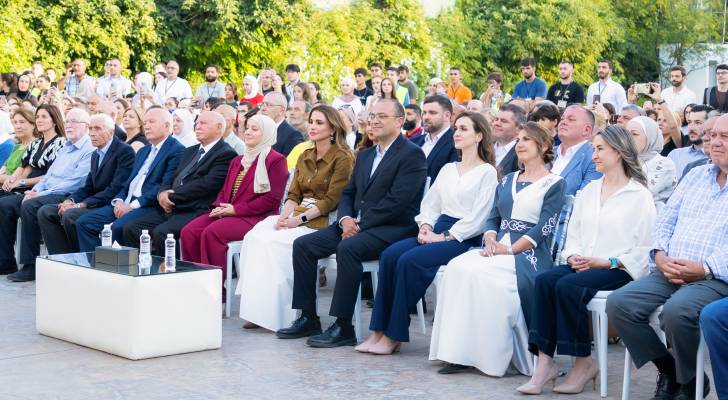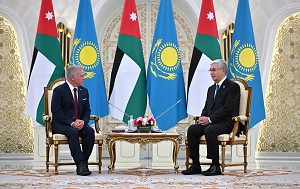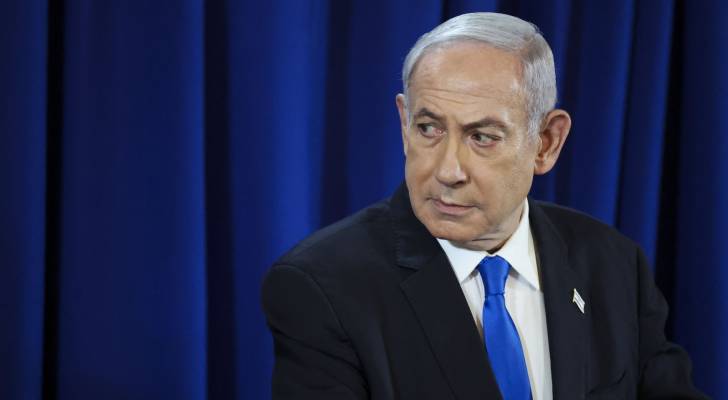A national narrative strategy - By Zaid K. Maaytah, Jordan News
As Jordan faces unprecedented existential threats from regional political upheaval and mounting economic and social pressures, a national dialogue is growing around the idea of the Jordanian national narrative and what constitutes the shared story that binds all citizens. This narrative must form an inclusive identity capable of inspiring collective action, and delivering it requires a deep understanding of how national identities are built and how storytelling shapes and renews them.
National identity is neither static nor self-evident, it is continuously formed through the interaction of history, culture, and people’s daily experiences. Social Identity theory shows that individuals draw strength and security from belonging to larger social groups, especially in times of uncertainty, while Social Constructivist research adds that identities are constantly renewed through shared stories and practices, and these narratives shape collective memory and deepen citizens’ attachment to their society and state, making storytelling a powerful tool for building unity.
Storytelling is not simply about retelling history; it is an active process that weaves past and present, builds collective memory, shared values, and national aspirations, and continuously renews them. When citizens tell stories about their lives and experiences, these narratives coalesce into a common image of the nation, and listening to one another fosters what scholars call participatory narrative, where people see themselves as part of the nation’s story and move from passive observers to active co-authors of their country’s future.
Given today’s exceptional context, Jordan should adopt a deliberate strategy to build a unified narrative, grounded in scientific principles and involving the active participation of all segments of society. Modern social theories stress that an effective national narrative does not simply revive the country’s history; it must also integrate the experiences and emotions of citizens today. A narrative that combines Jordan’s heritage and sacrifices with the realities and hopes of modern life can resonate deeply and unite people around a shared destiny.
To ensure its effectiveness, this strategy should be overseen by a multidisciplinary team including archaeologists, historians, media professionals, artists, behavioral scientists, and representatives from all parts of Jordan’s social mosaic. Such diversity ensures that the narrative reflects everyone and is crafted through rigorous analysis and a deep understanding of collective memory and shared concerns. Behavioral science also shows that the impact of a narrative depends not only on its content but also on how it is delivered and by whom, credibility and effective communication play a central role in ensuring that its messages resonate and take root in the public consciousness.
The strategy should rest on core principles such as transparency in governance, clear mechanisms for collecting and sharing citizens’ stories, and genuine partnerships between government, academia, cultural organizations, and civil society. Continuous measurement and feedback loops are essential to track public engagement and adapt the narrative to changing circumstances. Most importantly, the narrative must move beyond words into action through education, media, cultural programs, and public policy, ensuring it has a tangible impact on citizens’ lives and fosters unity and positive collective behavior.
There are lessons to learn from the Arab world. Morocco’s Memory program, launched in 2021, is a notable example. It engaged communities in documenting and preserving their diverse collective memory through public dialogues and interactive events. Youth, women, schools, tour guides, and heritage groups all participated. The program strengthened dialogue among cultural and religious groups and built a more cohesive and inclusive national identity.
The strength of a country’s internal front is the foundation of its ability to withstand pressure, and Jordan is a prime example. For over a century, despite immense challenges and hardships, it has endured and achieved remarkable milestones in stability and national unity. The true driving force behind this resilience is the national story authored by Jordan’s diverse social fabric and wisely guided by its leadership, and this narrative of belonging and unity has become the bedrock of security and prosperity, so preserving, nurturing, and continuously renewing it is essential to secure a better future for generations of Jordanians and to ensure the nation’s ability to overcome whatever challenges lie ahead.
Zaid K. Maaytah – Researcher in Economics and Behavioral Policy




